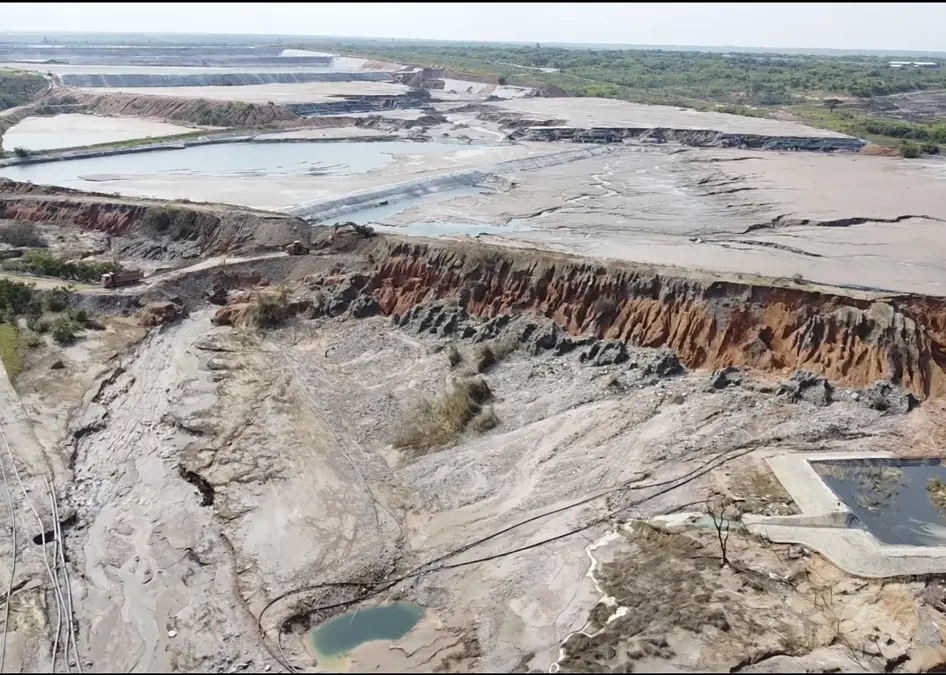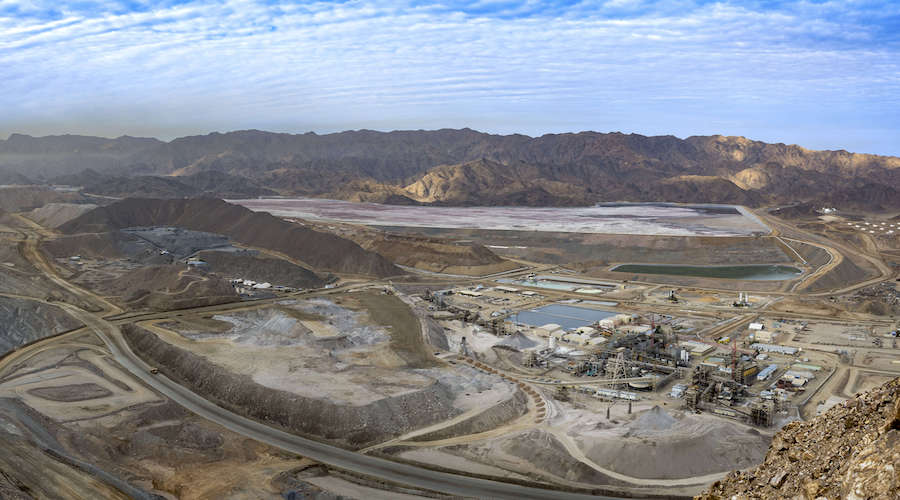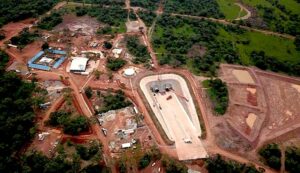All you need to know about Nigeria’s new mining law
While amendments to the 2007 law will not be transformative in terms of attracting investment and generating revenues, they will go a long way in cracking down on illegal mining in the country. Here is everything you need to know.
In November, the Nigerian government unveiled plans to revise its crucial mining law, the Nigeria Minerals and Mining Act (NMMA).
The outdated law, which hasn’t been updated since 2007, is accused of stifling growth and development in the nation’s undeveloped mining sector.
Mining currently generates just 0.3% of GDP and leaves the country scrambling to import minerals, like salt and iron ore, that could be produced domestically. This compares to the oil and gas sector that generates around 65% of revenues.
The amendments are seen as the finishing touch to five years of government measures to make mining a means of weaning the country off petrodollars.
“There is definitely an interesting story behind the mining sector in Nigeria,” says Kwadwo Sarkodie, a partner at legal firm Mayer Brown International.
Before the brutal civil war between 1967 and 1970 there was an active mining sector in Nigeria, and the country was a significant exporter of certain mined minerals including coal and tin.
“That all changed in the 1970s partly as a consequence of the oil boom, and to a large extent the oil sector crowded out the mining sector. There were various mines that were closed as a consequence of the civil war and they never reopened,” says Sarkodie.
“The 2007 law isn’t completely outdated, and broadly chimes with comparable legislation in other jurisdictions.”
Nigeria passed the 2007 law deregulating the mining of solid minerals in a bid to attract much needed private investment to develop the underperforming and neglected sector. At the same time, the outgoing government of president Olusegun Obasanjo awarded a flurry of mining leases and exploration licences to multinational mining companies who were guaranteed incentives and tenure security under the new law.
What are the proposed changes to Nigeria Minerals and Mining Act (NMMA)?
One of the key changes is that the law will give local governments the impetus to crack down on illegal mining by devolving responsibility from the federal to the state level of government.
“The 2007 act is very federal government-centric, so essentially the powers and ownership of mineral rights under the act rest with the federal government,” Sarkodie explains.
Share this content:














